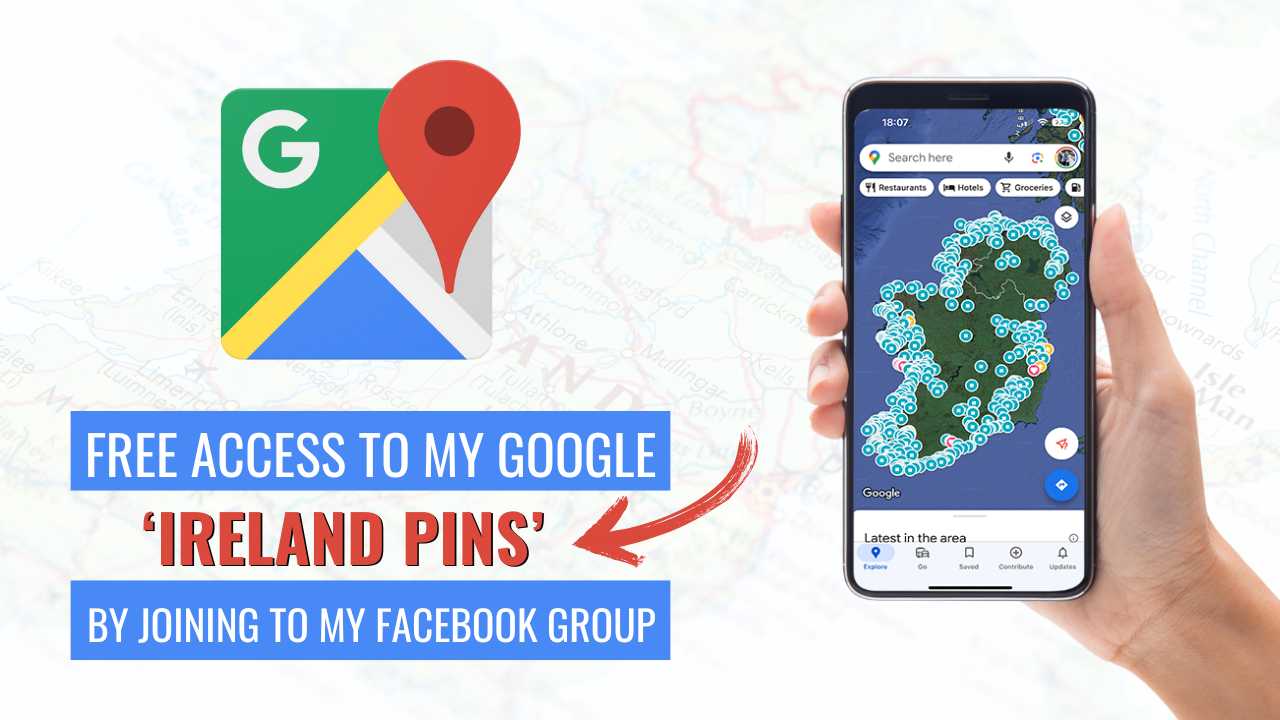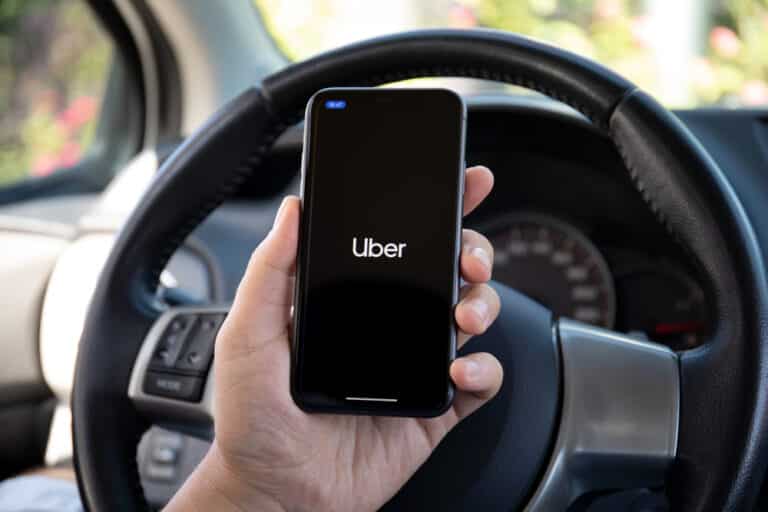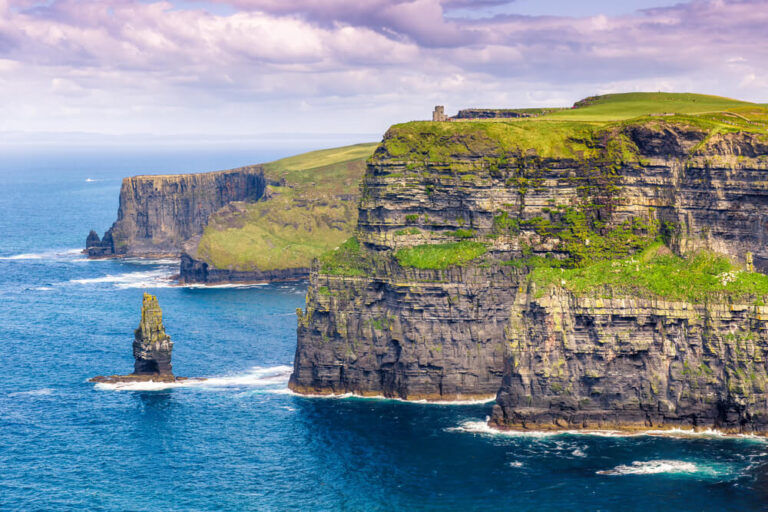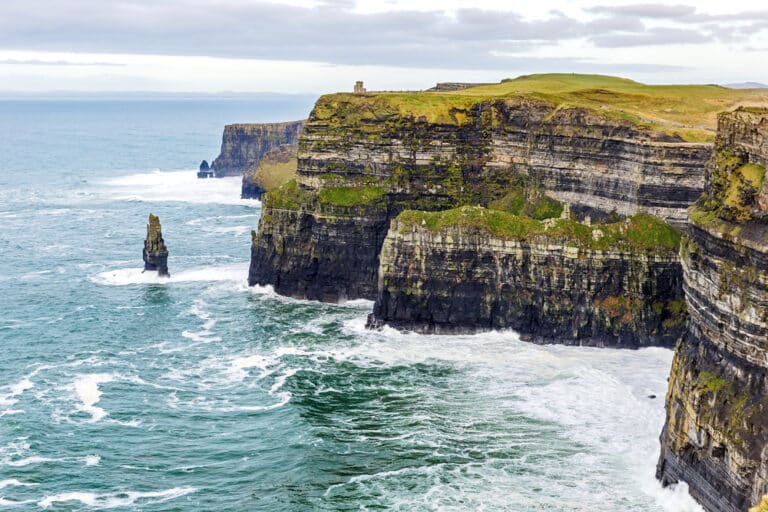Is Ireland in Europe? The UK? The EU?
As an Irish girl who loves to travel, it shocks me when people ask me where my home country is located. Everyone seems to be familiar with our sarcastic wit, cultural traditions and iconic landscapes (ironic but true), yet, not everyone knows where Ireland is on the map.
To be honest, I have lost count of how many times I have been asked…
“How’s life after Brexit?”…..
“Bet you regret leaving the EU now?”
“Wait…so is Ireland still in Europe?”
And that’s only the beginning of it…the list goes on.
So, today I’m here to clear up some confusion once and for all. Let’s discuss where Ireland’s location.
Starting with the most common question of all…
Is Ireland in Europe?
Yes, Ireland is located on the continent of Europe. And no we did not leave it…
Brexit seems to be causing a lot of confusion. Even though it had very little impact on the Republic of Ireland excluding trade laws.
But even if Brexit did impact Ireland in other ways. We would STILL be part of Europe.
Geographically, Ireland is in the same place it has been for the last few million years.
But if I am being honest, I’m not surprised people are confused. I just like to be a bit sassy about it from time to time 😉
Where in Europe is Ireland?
Ireland is located in the westernmost part of Europe, towards the left of the mainland.
It is an island lying to the west of Great Britain, from which it is separated by the Irish Sea. Ireland is known for its lush landscapes, rich history, and cultural heritage.
Is Ireland in the EU?
Yes, Ireland is still a member of the European Union, we joined in 1973 and have been a member ever since. Being part of the EU allows us to partake in the free movement of goods, services, capital, and people among member states, contributing significantly to the growth of our country.
Does Ireland use the Euro?
Yes, we do use Euro in Ireland. The currency was introduced to Ireland in 2002, when it replaced the Irish punt.
Is Ireland a Schengen Country?
To confuse things even more, no, Ireland is not part of the Schengen Area. Many visitors find this rather confusing as the majority of EU states are part of this zone. Which entitles visitors to move freely between member countries without border checks.
Ireland, however, is not part of this agreement and maintains its own borders and immigration policies. This means anyone visiting Ireland will have to go through border control and customs on arrival.
What impact did Ireland have on Europe?
Ireland had a relatively high contribution to Europe’s early Art and Culture scene, one notable example of this is the Book of Kells, an illuminated manuscript created by Celtic monks around the year 800.
Ireland is also known for its world-famous poets and writers such as Oscar Wilde, James Joyce, and Samuel Beckett who played a massive role in shaping English literature.
Finally, economically Ireland has seen a great turnaround after the ‘Celtic Tiger’ which saw Ireland go from a primarily agricultural society to a technologically advanced economy in the late 20th century. Since, then Ireland has become the European headquarters for major international companies, including Google, Facebook, and Apple.
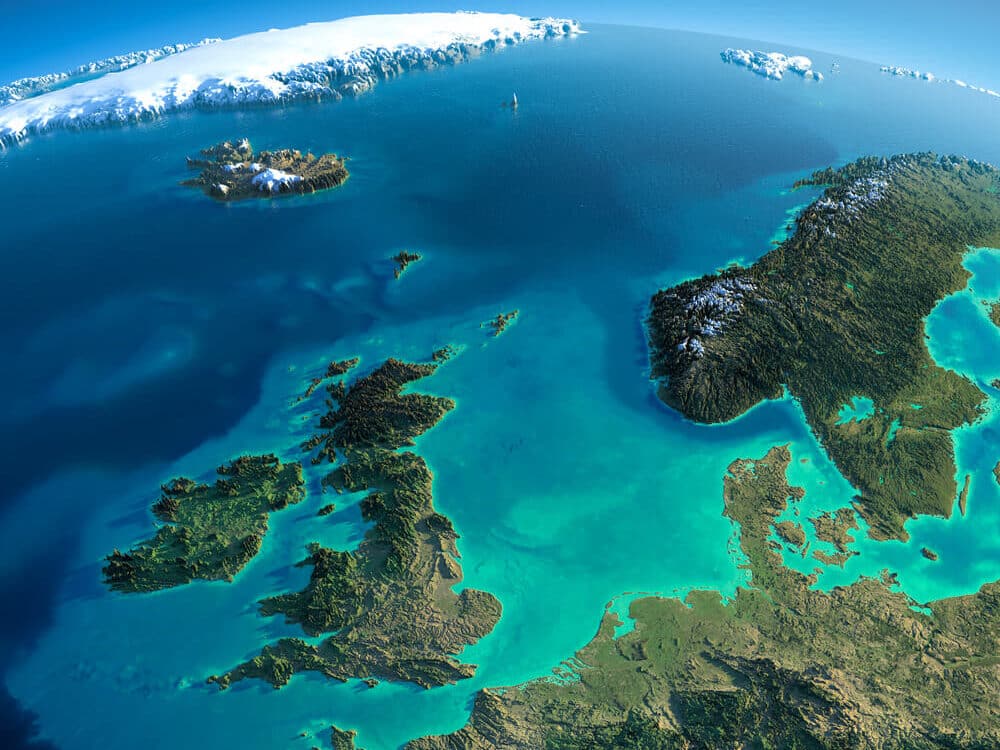
Section 2: Ireland’s role in the UK, Brexit & Northern Ireland
Is Ireland in the UK?
No, the Republic of Ireland is not in the UK. While many people presume we are. That presumption is actually quite offensive and not something Irish people take likely. You see, we spent years fighting for our independence from the British Empire. And without getting too political in this post, all I will say is, that we are very proud of our independence.
However, Northern Ireland, or the North of Ireland depending on your persuasion as they say in Derry Girls still remains part of the United Kingdom.
But…even at that, the North is very much still in Europe.
Is Northern Ireland in the EU?
So, this is when it gets confusing. Technically, Northern Ireland is still part of the UK, which means they should have left the EU along with England, Scotland and Wales. However, due to the Good Friday Agreement signed in 1998, there is a special arrangement in place called the “Northern Ireland Protocol”. This allows Northern Ireland to remain in some aspects of the EU’s single market and customs union.
And all those born in Northern Ireland have the right to choose whether they want to be Irish citizens, UK citizens or both. This means that technically, people in Northern Ireland could hold dual citizenship and therefore still benefit from being part of the EU through their Irish citizenship.
Do they use Euros in Northern Ireland?
No, Northern Ireland does not use the Euro as its currency. Instead, it uses the British Pound Sterling (£), following the same currency trend as the rest of the United Kingdom.
However, due to its geographical proximity to the Republic of Ireland, some businesses in Northern Ireland may also accept the Euro, although this isn’t a standard practice.
What does this mean for travel between Northern Ireland and the Republic?
If you’re planning a trip to Ireland, whether it be for business or pleasure, you’ll still need a valid passport from your home country.
However, once you’re here, you can travel freely between the Republic of Ireland and Northern Ireland without needing a passport or going through customs.
This is because both countries are part of the Common Travel Area (CTA), which allows for easy movement for citizens of both countries.
Visas are not required for citizens of the EU, EEA or Switzerland. However, if you’re a non-EU citizen, it’s best to check with your local embassy or consulate before travelling.
Is Ireland involved in Brexit?
So, while Brexit did not have a direct impact on the Republic of Ireland it did have a knock-on effect with the main issue being the Irish border and trade.
Ireland and the UK have an agreement that no hard border will ever go up on the island of Ireland and the citizens will have the right to move freely between both countries.
So when it came to the negotiations for Brexit there were a lot of concerns about what this would mean for the border and Ireland.
It resulted in the ‘Irish backstop’ which is essentially a safety net to ensure that there will be no hard border between Ireland and Northern Ireland regardless of the deal with the EU.
Brexit also impacted trade in Ireland greatly, with the UK being one of its biggest trading partners. With the withdrawal from the EU, trade agreements and tariffs will have to be renegotiated which may result in changes for businesses in Ireland.
For me, and others living in Ireland the most noticeable thing from Brexit is now having to pay customs charges for things bought from the UK. Yes, including Amazon 😭
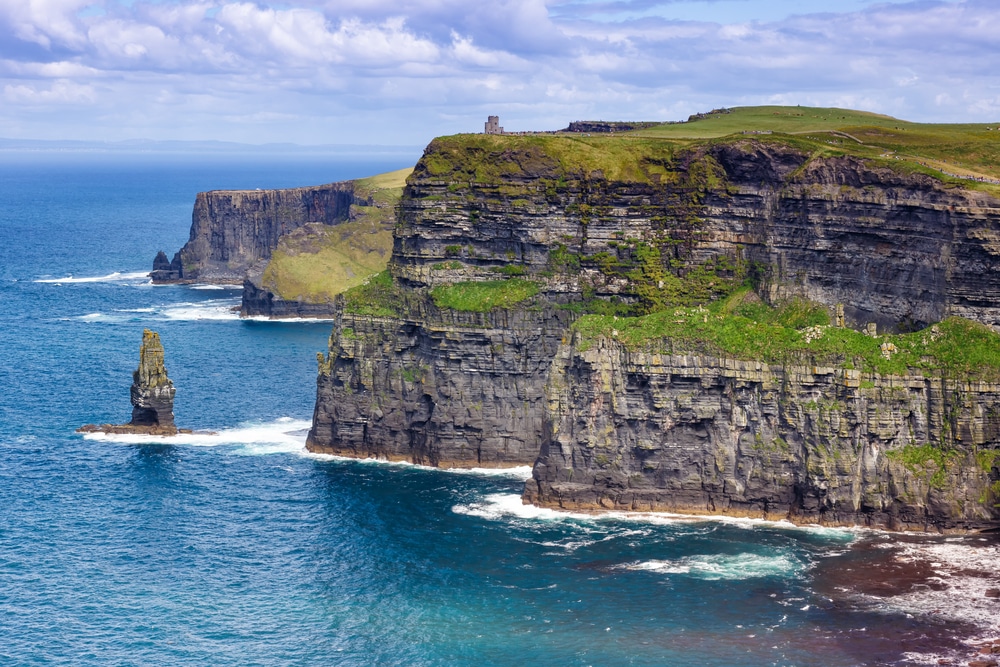
Section 3: Geographic Facts About Ireland
- Islands: Ireland has over 80** islands, with the largest being Achill Island and the Aran Islands off the west coast.
- Mountains: Ireland’s highest peak is Carrauntoohil in County Kerry, standing at 1,038 meters (3,405 feet). We also have some other stunning mountain walks such as Glendalough in County Wicklow and the Stairway to Heaven in County Fermanagh.
- Climate: Ireland experiences a temperate maritime climate. This results in mild winters (meaning we rarely see snow) and cool summers (which means we rarely see sun 🤣). The country is also known for its frequent rainfall, which contributes to its famous green landscapes, earning it the nickname “Emerald Isle”.
- Cities: Dublin, the capital of Ireland, is the largest city. Other major cities include Cork, Galway, and Limerick, each with its unique history and cultural offerings.
- Wildlife: Ireland is rich in wildlife, with a range of mammals such as red deer, Irish hare, and the Irish stoat. The country also boasts a variety of bird species, including the golden eagle and puffin.
- Landmarks: Some of the most famous landmarks in Ireland include the Cliffs of Moher, Giant’s Causeway, and the Ring of Kerry. These stunning natural attractions attract tourists from all over the world. We also have some incredible hidden gems, from Croaghaun Sea Cliffs (the highest in Ireland) to the white sandy beaches of Connemara.
- Languages: The official languages of Ireland are English and Irish (Gaelic) which belong to the Celtic language group. Scotland, Wales and the Isle of Man also have their Celtic languages
- Size: Despite its small size, Ireland has a lot to offer. It covers an area of 84,421 square kilometres (32,595 square miles) and is the third-largest island in Europe. However, its culture and history is known all over the world.
Where is Ireland? FAQ
Is Ireland considered part of Europe?
Yes, Ireland is considered part of Europe. Geographically, it is located in the northwestern region of the European continent.
Politically, Ireland is a member of the European Union, which is an economic and political union of 27 member states located primarily in Europe.
Is Dublin in the EU or the UK?
Dublin is the capital city of Ireland, and it is part of the European Union (EU). It is not however part of the United Kingdom.
Is Ireland in the Europe zone?
Yes, Ireland is part of the Europe zone. More specifically, it’s part of the Eurozone which is a monetary union of 19 of the 27 European Union (EU) member states which have adopted the euro (€) as their official currency.
Why is Ireland so expensive to live in compared to other European countries?
Ireland is expensive to live in compared to other European countries for several reasons.
We are currently experiencing a housing crisis, which means the demand of houses is high yet the supply is low. Making it increasingly harder to find somewhere affordable to live.
We also have seen an increase in international businesses setting up their headquarters in Dublin. And while this is good for the country’s economy. It is not good for the Irish people as the cost of living rises but we are guaranteed a job in the big companies. Smaller businesses in Ireland can not afford to pay the same salaries to their workers.
